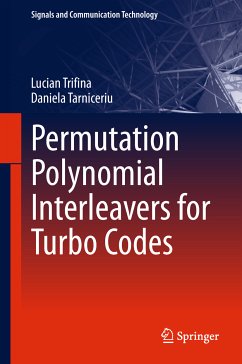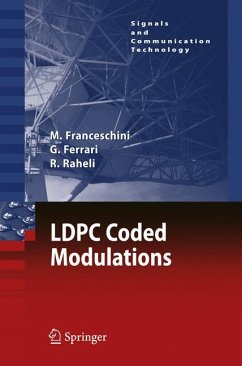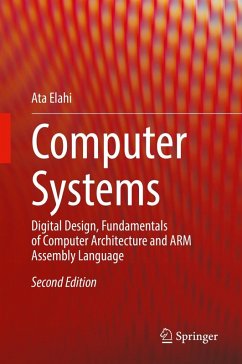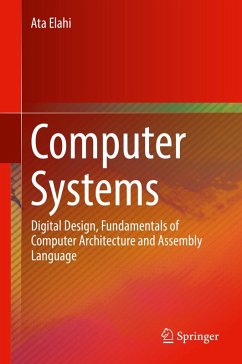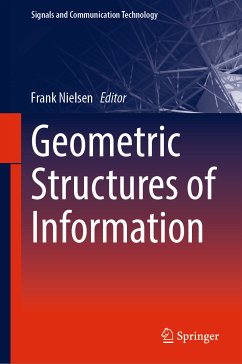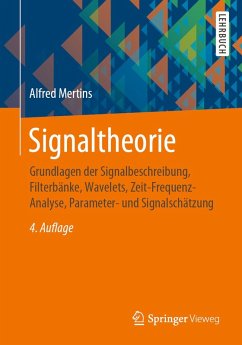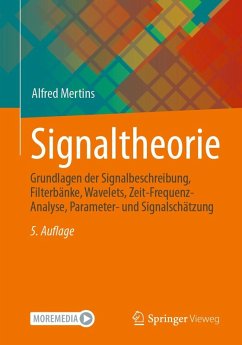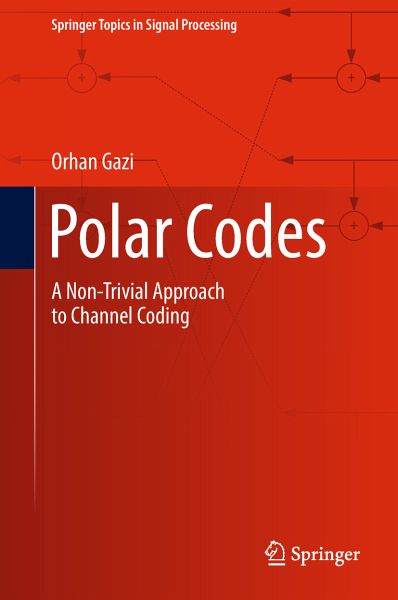
Polar Codes (eBook, PDF)
A Non-Trivial Approach to Channel Coding
Versandkostenfrei!
Sofort per Download lieferbar
96,95 €
inkl. MwSt.
Weitere Ausgaben:

PAYBACK Punkte
48 °P sammeln!
This book explains the philosophy of the polar encoding and decoding technique. Polar codes are one of the most recently discovered capacity-achieving channel codes. What sets them apart from other channel codes is the fact that polar codes are designed mathematically and their performance is mathematically proven. The book develops related fundamental concepts from information theory, such as entropy, mutual information, and channel capacity. It then explains the successive cancellation decoding logic and provides the necessary formulas, moving on to demonstrate the successive cancellation de...
This book explains the philosophy of the polar encoding and decoding technique. Polar codes are one of the most recently discovered capacity-achieving channel codes. What sets them apart from other channel codes is the fact that polar codes are designed mathematically and their performance is mathematically proven.
The book develops related fundamental concepts from information theory, such as entropy, mutual information, and channel capacity. It then explains the successive cancellation decoding logic and provides the necessary formulas, moving on to demonstrate the successive cancellation decoding operation with a tree structure. It also demonstrates the calculation of split channel capacities when polar codes are employed for binary erasure channels, and explains the mathematical formulation of successive cancellation decoding for polar codes. In closing, the book presents and proves the channel polarization theorem, before mathematically analyzing the performance of polar codes.
The book develops related fundamental concepts from information theory, such as entropy, mutual information, and channel capacity. It then explains the successive cancellation decoding logic and provides the necessary formulas, moving on to demonstrate the successive cancellation decoding operation with a tree structure. It also demonstrates the calculation of split channel capacities when polar codes are employed for binary erasure channels, and explains the mathematical formulation of successive cancellation decoding for polar codes. In closing, the book presents and proves the channel polarization theorem, before mathematically analyzing the performance of polar codes.
Dieser Download kann aus rechtlichen Gründen nur mit Rechnungsadresse in A, B, BG, CY, CZ, D, DK, EW, E, FIN, F, GR, HR, H, IRL, I, LT, L, LR, M, NL, PL, P, R, S, SLO, SK ausgeliefert werden.



